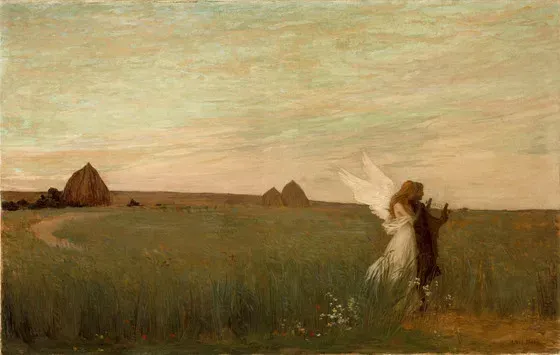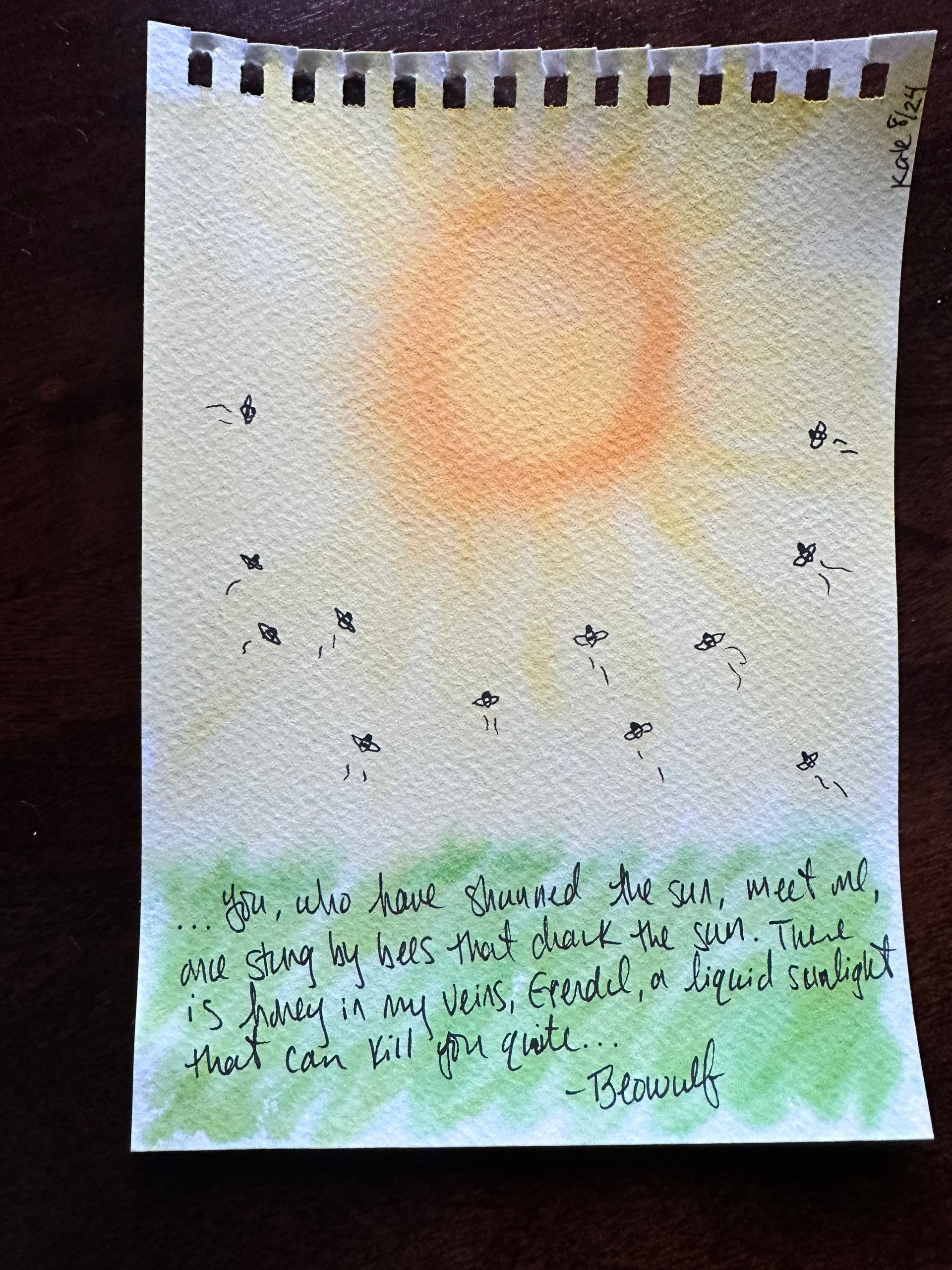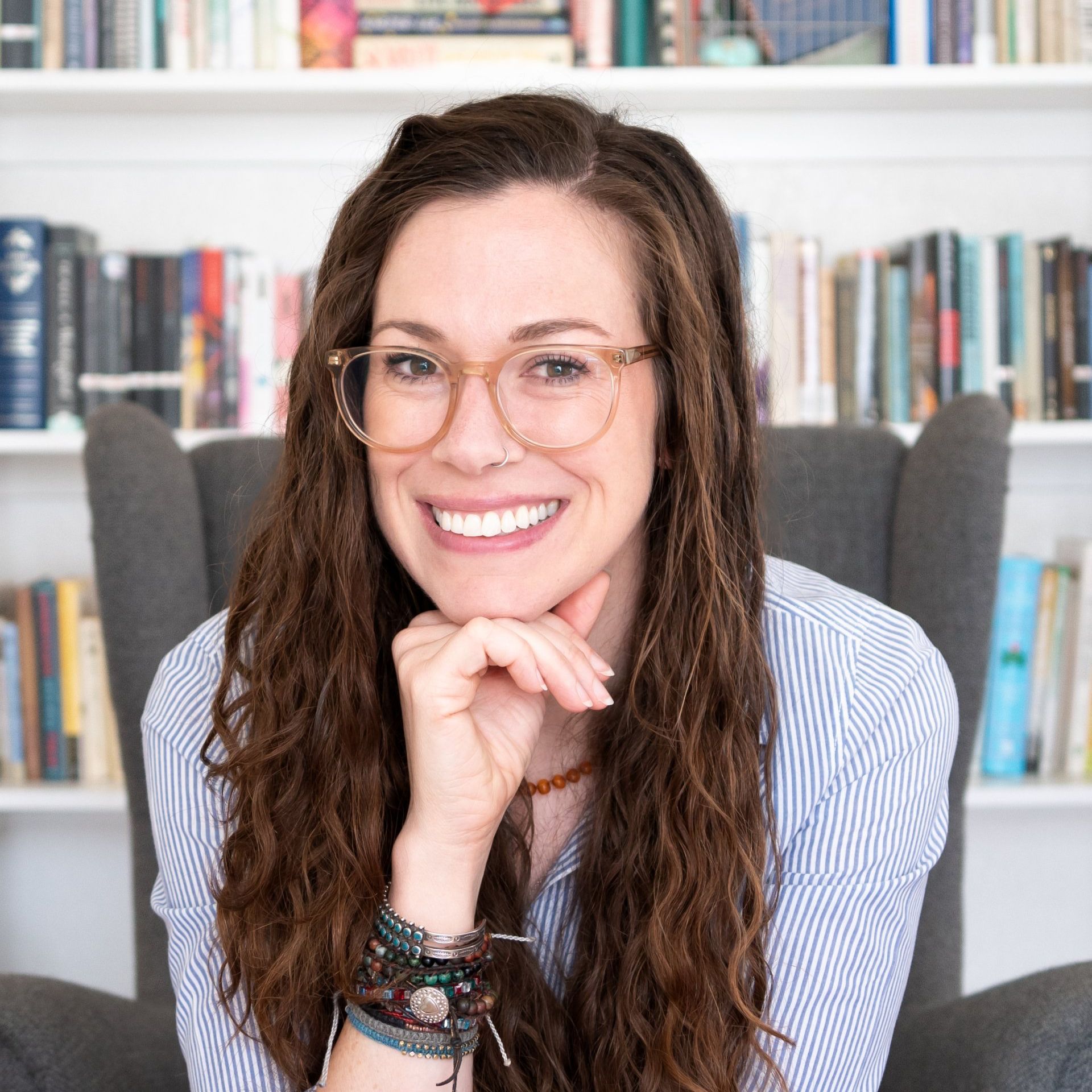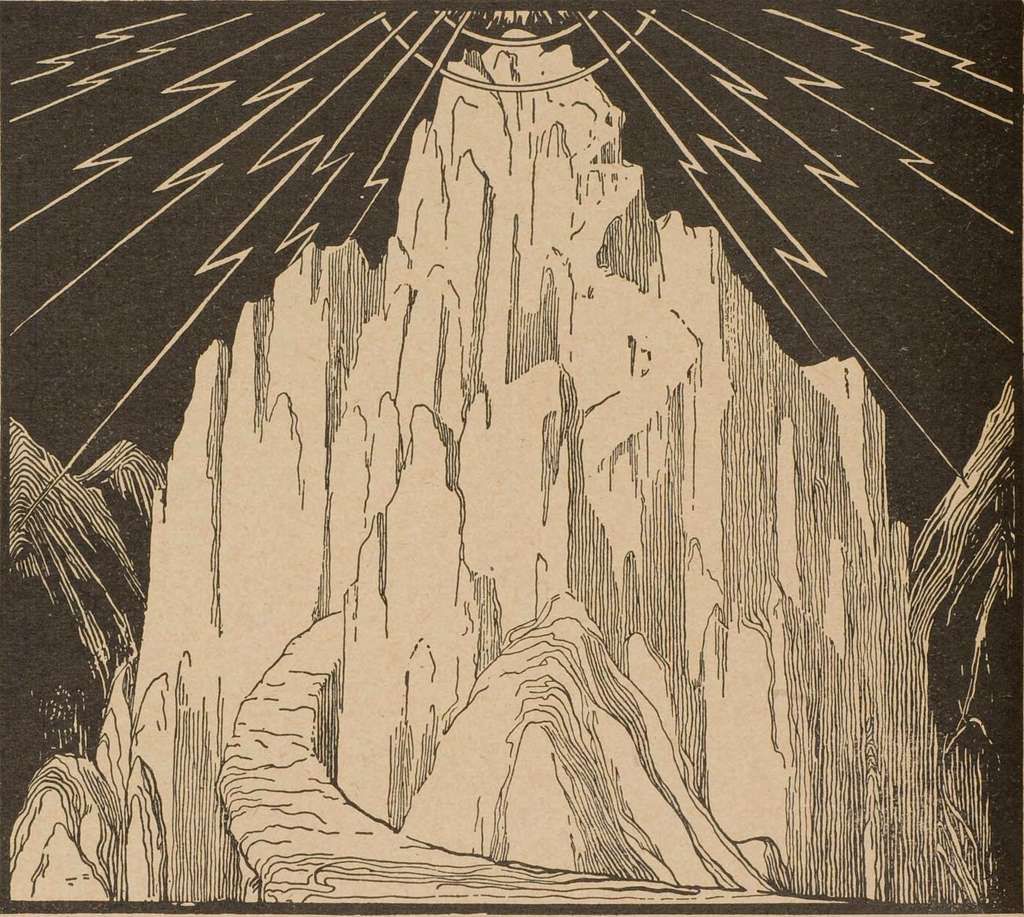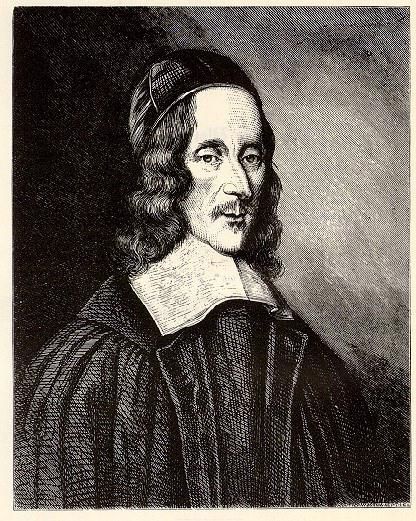A few things I know I am bad at: allowing margins, admitting weakness and limits, and keeping a shirt white. I had a conversation with some other staff members this week about the 2 Corinthians passage of Paul's thorn and Christ's sufficiency. I know I need not be the strongest nor strive to earn His favor—but I falter in standing on the legs of that Truth. Nevertheless, I believe in the midst of my unbelief.
James Taylor Foreman demonstrates an excellent handle of the backside of writing—its primary aim is to listen.
"Sometimes, I doodle. I'll draw a random shape. I'll draw another one. I'll see what it reminds me of. I'll try to make it look more like that. On I go like that, until the doodle will bloom out to me like a mandala. I'll create something out of nothing through a conversation. This conversation with chaos and attempted order and then chaos again and attempted order, and then finally, I'll have a doodle that I could have never thought of."
Here, Timothy Willard gives reasons for why and how he reads. He has one phrase that took my attention: "I read because words contain a unique power."
It's true. And he connects reading with writing and deep thinking. We use words to communicate the most menial parts of our day along with deep feelings about what happens with our favorite or most hated characters. It's always encouraging to see others methods with reading and studying.
Christianity Today has created a digital forum called Ekstasis where writers can contribute poetry, essays, and letters that "slants toward the triumphant and glorious aspects of life in Christ, framed through the arts and literature." It's a beautiful publication, and I am glad to add it to my regular rotation of reading.
A few articles featured now: "Writing to Stay Awake" and "Castle of the Soul" and "Playing in the Shadow of Death".
What I'm working on:
I'm *still* sketching out an article about translating. John Donne paralleled it to death and eternity, so I am pulling at that thread to see what could be. The current direction is surveying what our souls should look like between conversion and death/Christ's return. I'm running into snags in how to convey our distractions now and our culpability there.
Quotable:
"Light holds you, Grendel. Light has you in its power. You, who have shunned the sun, meet me, once stung by bees that drank the sun. There’s honey in my veins, Grendel, a liquid sunlight that can kill you quite. These fingers that you feel are ten great stars. Stars have no fear. I do not fear you, Grendel. I do not fear, therefore I do not fight. I only hold you, child of Cain. I only fix you fast in your own evil, so that you cannot turn it out on any other. It is your own evil, Grendel, that undoes you. You must die, creature of night, because light has got you in a last embrace."
Beowulf, translation by Robert Nye
Worth the Memory
The beginning of our catechism this year:
Ladies, who are you?
I am a queen, for I rule myself.
What does it mean to rule yourself?
I am free to do good; I am not the slave of my desires.
Who has made you queens?
And now, little children, abide in Him, so that when He appears we may have confidence and not shrink from Him in shame at His coming. If you know that He is righteous, you may be sure that everyone who practices righteousness has been born of Him. See what kind of love the Father has given to us, that we should be called children of God; and so we are. The reason why the world does not know us is that it did not know Him. Beloved, we are God's children now, and what we will be has not yet appeared; but we know that when He appears
we shall be like Him, because we shall see Him as He is. And everyone who thus hopes in Him purifies himself as He is pure. 1 John 2:28–3:3
